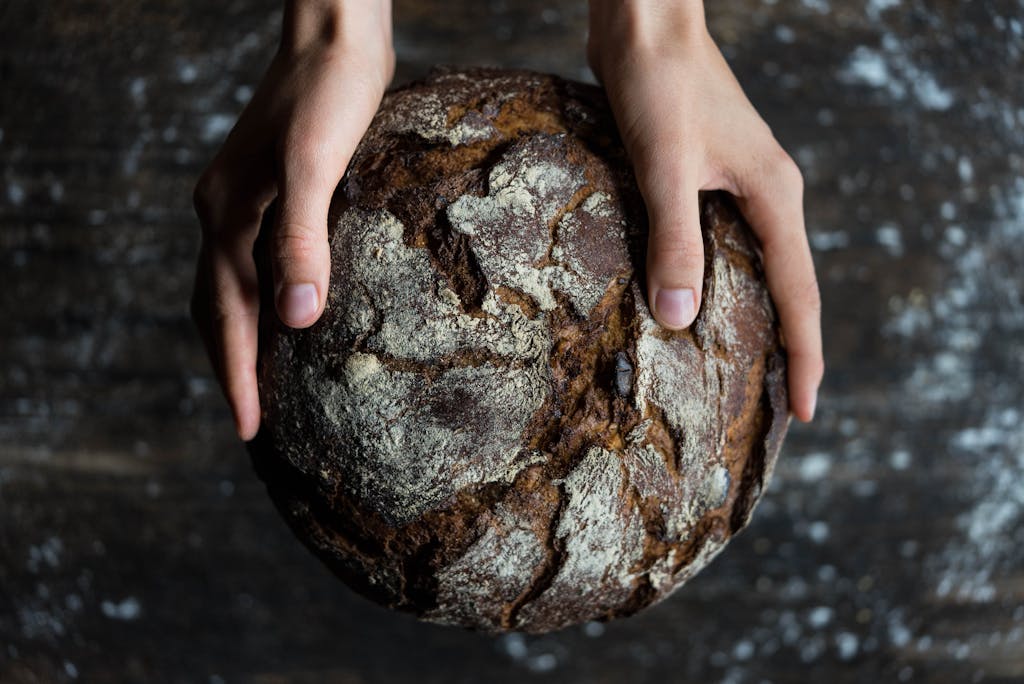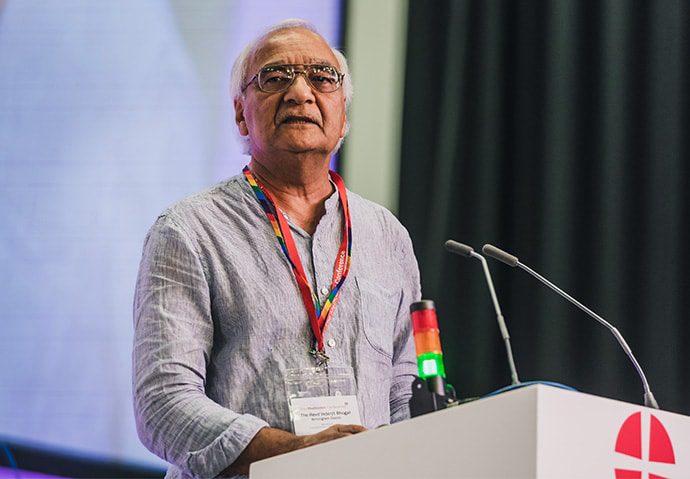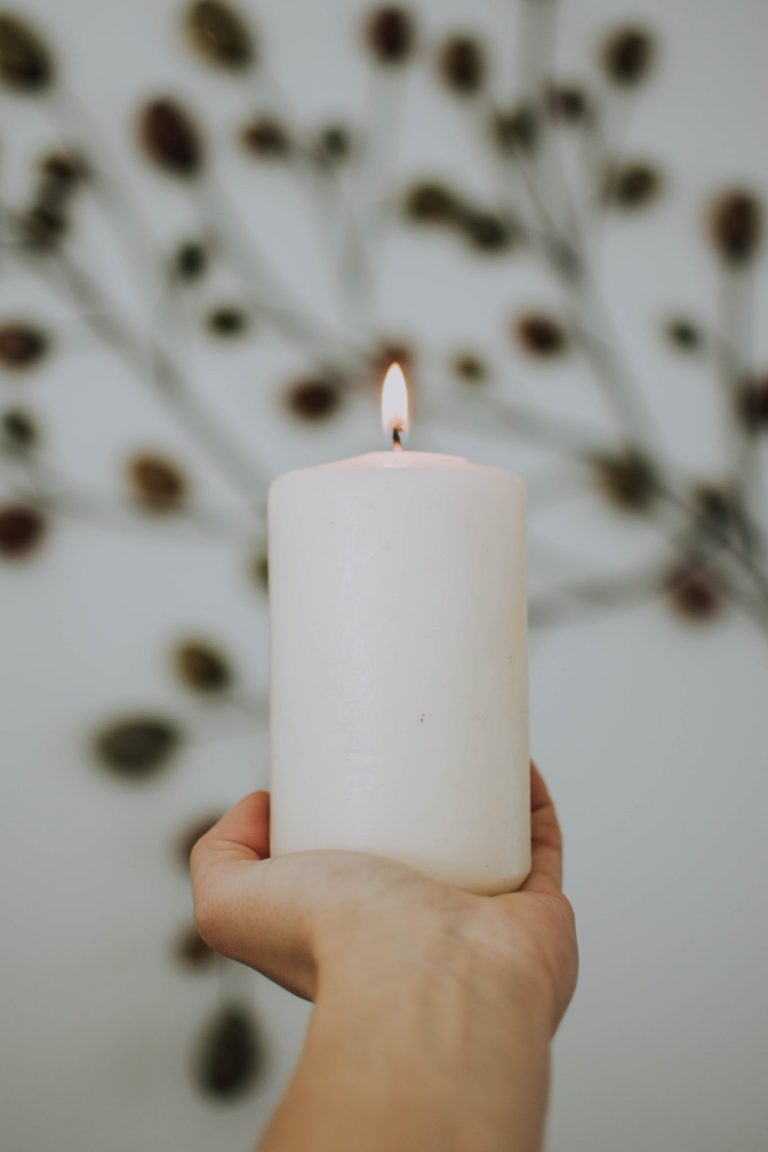Part of the Communion in Times of Coronavirus series of gentle reflections
Inderjit Bhogal, 2020
This article can be downloaded for use here
All documents on this topic are located here
The Week of Prayer for World Peace, supported by many organisations including the Methodist Peace Fellowship, falls in October. It precedes United Nations Day, and Remembrance Day, and points on to the celebration of the birth of the Prince of Peace in December.
The Week of Prayer for World Peace was founded in 1974, and is an annual call to pray for justice and peace among all people. It is a call to penitence for our failures and contributions to conflict, a renewed commitment to work and prayer for peace, and thanksgiving for all who work for peace.
Prayer for peace, the cessation of violence and killing, is perhaps the most common prayer and value of all people. Honouring those who have died in war includes prayer that no one has to die in the horrors of war. All people desire a world without war and violence.
War and violence are evil. We pray with Jesus, alongside all who live in the midst of war and violence, that we may all be delivered from evil.
The United Nations was founded, seventy-five years ago, on 24th October 1945. The purpose of the UN was to work for a world without war, and the peaceful resolution of conflict. The first meeting of the General Assembly of the UN was held in Westminster Central Hall on 10th January 1946. It called for the peaceful uses of atomic energy, and the elimination of atomic and other weapons of mass destruction.
This remains the hope and prayer for people of all nations. To work and pray for peace is to build and develop cultures and lifestyles of non-violence for resolution of all conflict, internationally and nationally, among neighbours. In households, in congregations, workplaces, and organisations.
Prayer has an important place in peace making. Everyone can pray, anywhere, for peace. By prayer we can all participate in peace making. When, or where, other activities are not accessible to us, we can pray. There are no barriers to prayer, and it is not dependent on or determined by the level of anyone’s faith, or piety, or purity.
Prayer is common to all people, of all nations, of all faiths. People like us, and people not like us, pray. People who like us, and people who do not like us, pray. People who hold enormous power pray. People who feel powerless pray.
But what are we doing when we pray?
I don’t claim to fully comprehend all that prayer means. My understanding of prayer is centred on my belief that God is with all people, that God desires the fulness of life for all people as disclosed in Jesus Christ, and my commitment to work and pray with all people towards the realisation of God’s will and purpose.
For me prayer is a way to be attuned to God. I do all I can to discern God’s will, and way and word. This includes worship and study, personally and with others. By these means I seek to be in tune with the will, the way and the word of God in some depth. Prayer for me functions in the realm of being in tune with God, not now and then but at all times. Prayer is my lifestyle and my calling, not something I offer for a few spare minutes. The life of prayer is a life in God, always. It reflects Christ in you. The Spirit prays in you. In such a life the call and cause of pray is constant.
I am of the conviction that in my experience I do glimpse, even if fleetingly, when I am indeed in tune with God. These are like moments when nature is aflame with God’s life and I am stopped in my tracks to behold what is before me (Exodus 3:2-4), or I sense a call to service deep within me (Matthew 25:40; Luke 10:33), or I discern the presence of Christ in sharing bread (Luke 24:35). These are moments I want to dwell in (Matthew 17:4; Mark 9:5) but can’t, they always solicit a response. There are moments when someone is brought in to my mind someone, and then find we are both holding each other in thought and prayer (Acts 10:19-21).
Prayer for me therefore does not in any way amount to conjuring up some magic, or any attempt to manipulate God or anyone else, or to tell God how to order the world. In prayer I am not calling on God to become present or intervene anywhere. What I am doing is that I am seeking, in my own inadequate and faltering ways to be aligned to God’s will and way and word. Alone I will always be in danger of misunderstanding God, so it is essential to work and pray in communion with others.
The beginning of prayer for me is humility, an acknowledgement, that I am not meant to live and work alone, but am dependent on others, and ultimately on God. My work and prayer are deeper when I work and pray with others. In conversation with others, I can test and check out the will and way and word of God.
My commitment to prayer for peace or a situation or a person goes hand in hand with working in tune with God’s desire also for the fulness of life in every context. To pray is not to withdraw and leave everything to God, though sometimes there is little I can do other than express my solidarity.
Prayer always takes place in the context of community, and the global realities, recognising that so often what is before me utterly contradicts God’s will and way and word. It can appear as I pray that I am in a realm of a wrestling between “principalities and powers” (Colossians 1:16) in which I have little influence. Yet I trust that in all things that God is working towards a purpose even where this leaves me perplexed (Isaiah 46:10), and that I am never separated from the presence and love of God (Romans 8:38). I am aware that often people on “opposing” sides pray, whether in war and conflict, or sport, for different outcomes and resolutions. Sometimes I am left bemused by this.
I frequently pray in the company of people of think differently from me, and with people of different faiths. I am thankful for all prayers for peace. I believe the prayers of different people don’t go to different Gods, but to God who is One, differently imagined, understood, and honoured throughout the world and who in no way turns away from anyone in prayer. I ask you to add your prayers to those of all who pray for peace in the world.
Inderjit Bhogal. Supernumerary Presbyter, Sheffield Circuit
October 2020


